International
The constitutional reform that gives full power to Daniel Ortega and Rosario Murillo in Nicaragua comes into force
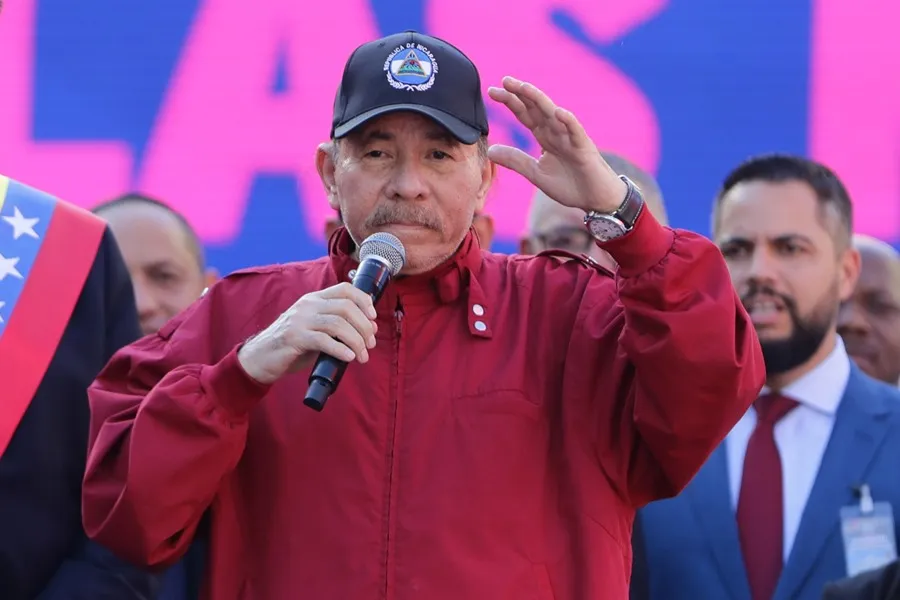
Nicaragua put into effect this Wednesday a reform to the Political Constitution that transforms the State, eliminates the balance of powers, and grants total power to the president of the country, Daniel Ortega, and his wife and vice president, Rosario Murillo, who now has the position of “co-president”.
The constitutional reform, which has been harshly criticized by the UN, the Organization of American States (OAS), the United States, the European Parliament and Nicaraguan opponents, came into force after being published in the Official Journal, La Gaceta, and 19 days after being approved in the second and final legislature.
The constitutional norm extends the presidential period from five to six years, establishes the figure of “co-president”, that the Executive “coordinates” the other “organs” of the State, which are no longer called powers, and legalizes statelessness.
In addition, they create the “military forces of patriotic reserve” and the “voluntary police” which, according to the opponents, would be parapolice and paramilitary forces.
The legislators reformed 148 of the 198 articles of the Magna Carta and repealed 37 others, including the one that prohibited the practice of torture.
The amendment establishes that Nicaragua is a “revolutionary” state, free, sovereign, independent, which recognizes the person, the family and the community as protagonists of “direct democracy”, that the revolutionary power is exercised by the people directly, and the people exercise the power of the State through the Presidency of the Republic that directs the Government and coordinates the legislative, judicial, electoral, accounts’s prosecutor’s office and autonomous entities.
The Presidency will lead the Government and as Head of State will coordinate the legislative, judicial, electoral, control and regional and municipal bodies, according to the rule.
Also that the Presidency is the Supreme Headquarters of the Nicaraguan Army, the National Police and the Ministry of the Interior.
In addition, the Presidency will be composed of a co-president and a co-president, who will exercise their functions for a period of six years, and may appoint vice-presidents without being elected by the popular vote.
It also includes as a national symbol the flag of the Sandinista National Liberation Front (FSLN), a party in the Government since 2007.
The Presidency may also order the intervention of the Nicaraguan Army in support of the National Police, when the stability of the Republic so requires.
It also creates “the military forces of patriotic reserve, as part of the Nicaraguan Army, which will be voluntarily composed of officers, officials, non-commissioned officers, class, soldiers and sailors who have passed to the honorable condition of retirement or discharge.”
It also creates the volunteer police as an auxiliary and support body for the National Police, made up of Nicaraguans “who provide their services on a voluntary basis”.
Despite the fact that the figure of volunteer police did not exist in the Constitution, Ortega said in September 2022 that the Army, the Police and the “voluntary police” helped restore “peace” in Nicaragua after the popular revolt that broke out in April 2018 due to controversial social security reforms and that left hundreds dead.
According to humanitarian and opposition agencies, these armed civilians are “parapolice and paramilitary groups” who acted with the acquiescence of the State in the so-called ‘Operation Cleaning’ with which the Government neutralized the demonstrations against them.
The State of Nicaragua will also ensure that the social media are not “subjected” to foreign interests or disseminate false news that violates the rights of Nicaraguans.
Ortega, 79 years old and in power since 2007, has ruled Nicaragua since 2017 together with his wife Murillo amid allegations of electoral fraud or eliminating the opposition to have no competition.
Ortega has asked to reform the Constitution on 12 occasions since 2007, including one that allows him to be re-elected indefinitely.
International
Colombia: Search continues for missing limb of italian scientist found dismembered
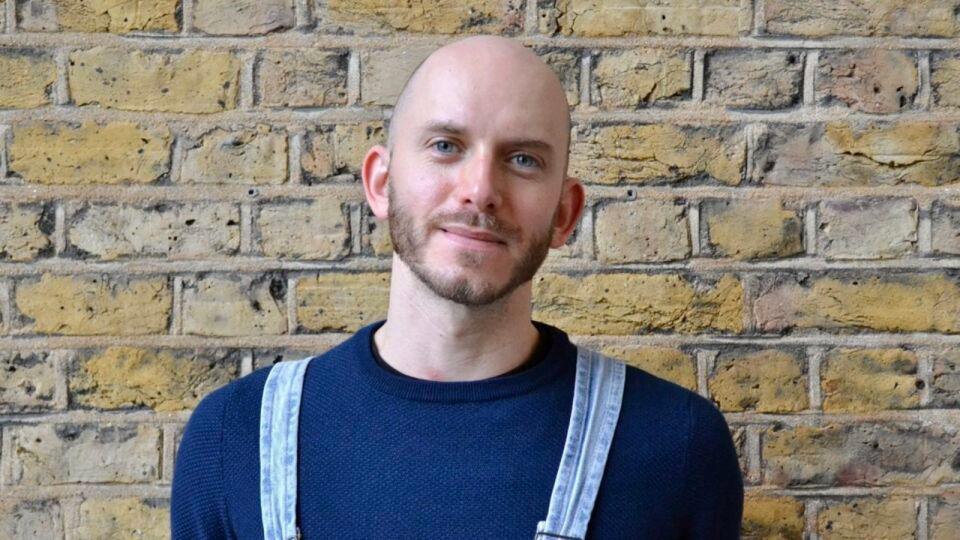
Rescue teams and Colombian authorities continued their search on Tuesday for the missing left leg of Italian biologist Alessandro Coatti, whose dismembered body was found in the Caribbean city of Santa Marta.
Coatti, 42, was a molecular biologist who had been traveling through South America after working for eight years at the Royal Society of Biology (RSB) in London.
He had been staying in a hotel in Santa Marta since April 3 and was later reported missing. His dismembered body began to be discovered on April 6, when parts were found inside a suitcase abandoned near a football stadium in an area known as Bureche.
“We’re conducting the search along the riverbanks and in the water to identify possible spots where, due to the river’s current, the missing left leg might be located,” Karlotz Omaña García, director of the Magdalena Civil Defense, told The Associated Press. Despite covering a 500-meter radius, the limb was not found.
Authorities have not named any suspects or shared possible motives. A reward of more than $11,000 has been offered for information leading to those responsible for the foreign scientist’s murder.
Police continue to reconstruct Coatti’s final movements. According to Colonel Jaime Ríos, head of the Santa Marta Metropolitan Police, the Italian biologist arrived in Colombia in January and had visited several locations, including Medellín, before traveling to Santa Marta.
Security footage shows Coatti was in downtown Santa Marta the night before his body was found, the colonel added.
Santa Marta, a popular Caribbean tourist destination, is known for its clear beaches. Police believe Coatti may also have visited Tayrona Park, a protected coastal area located about 34 kilometers (21 miles) from the city center.
International
MPV Denounces Electoral Blockade as Secretary-General is Disqualified for May Elections
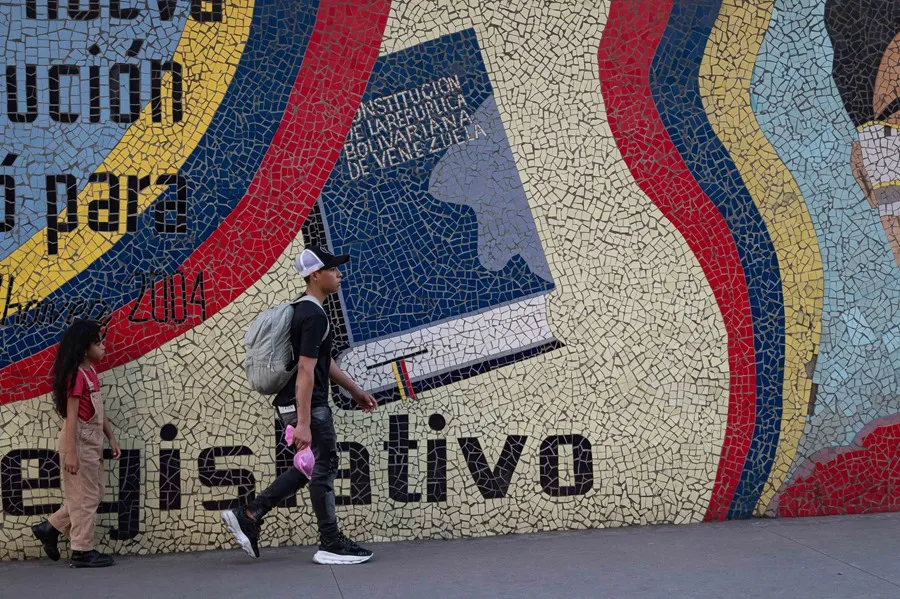
The anti-Chavista party Movement for Venezuela (MPV) denounced on Monday that it was “prevented” from submitting its candidates for the regional and legislative elections on May 25, elections rejected by opposition leaders Edmundo González Urrutia and María Corina Machado.
“MPV, being an active and recognized party in the National Electoral Council (CNE), was prevented from submitting candidates for the current electoral process,” stated the political group through a communiqué on X.
Additionally, the group denounced that its Secretary-General, Simón Calzadilla, was “suddenly disqualified,” as the opposition leader warned last Friday. He also explained that he attempted to access the CNE’s automated candidate submission system but, as he added, the portal showed that he was not authorized to create a user and submit the MPV candidates.
For the party, its “strong decision” to participate in the May elections “highlighted the true nature of this electoral process,” which it described as “extremely flawed.”
International
Maduro Plans Major Workers’ March on May 1st to Defend Venezuela’s Freedom
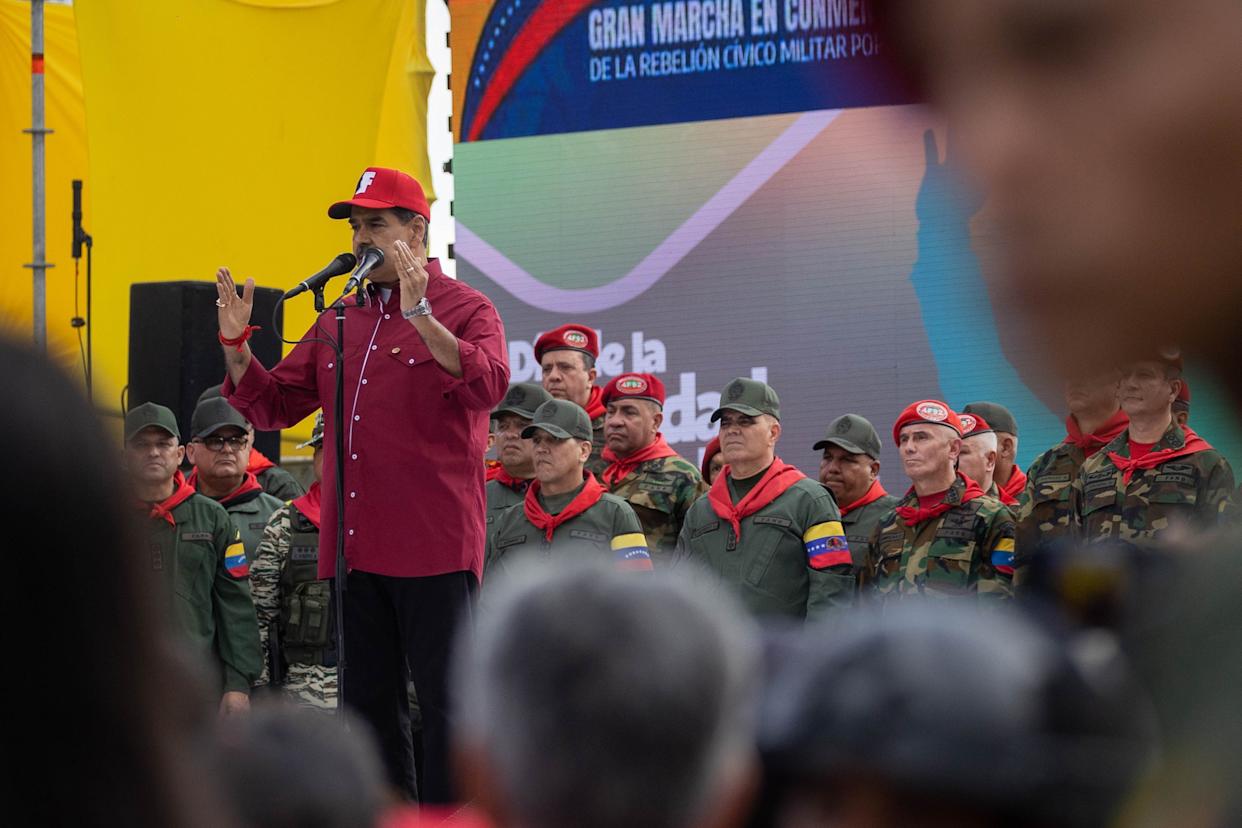
Nicolás Maduro, who swore in for a third term in January following his controversial re-election, called on Monday for the “working class” and the “armed people” to gather for a concentration on May 1st for peace, as part of the celebration of International Workers’ Day.
“Let’s have a powerful march of the working class, the combat bodies, and the Bolivarian National Militia in all the cities of the country, from end to end, working class and armed people in the streets shouting for peace,” said the chavista leader in a broadcast on the state channel Venezolana de Televisión (VTV), surrounded by military authorities.
He also stated that Venezuela is more armed than “ever” to “defend the sacred dream of a free homeland, the sacred soil of a heroic land, Venezuela.”
Maduro called on all military personnel to “stay in shape” with a “deployment capacity” and also to have “a very clear view of the entire national territory.”
-
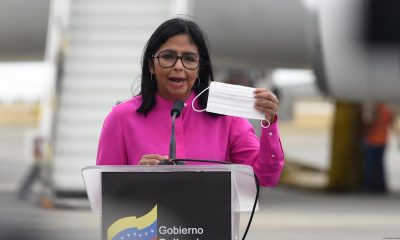
 International3 days ago
International3 days agoVenezuela accuses Guyana of “warlike intentions” after UK defense deal
-

 Central America4 days ago
Central America4 days agoSpanish Ex-Congresswoman Calls for ‘Bukele-Style’ Security Policies in Europe
-
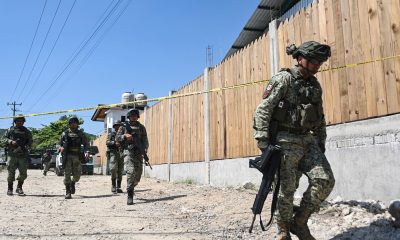
 International4 days ago
International4 days agoTrump Authorizes Military to Take Control of Federal Land Along U.S.-Mexico Border
-

 International3 days ago
International3 days agoNightclub Collapse in Dominican Republic Claims 226 Lives
-

 Central America2 days ago
Central America2 days agoHonduran Police Offer $135K for Tips Leading to the Arrest of Romeo Vásquez
-

 International2 days ago
International2 days agoMaduro Plans Major Workers’ March on May 1st to Defend Venezuela’s Freedom
-

 Central America18 hours ago
Central America18 hours agoPetro questions Ecuador’s vote, cites reports of military control and arrests
-

 International2 days ago
International2 days agoMPV Denounces Electoral Blockade as Secretary-General is Disqualified for May Elections
-

 International18 hours ago
International18 hours agoColombia: Search continues for missing limb of italian scientist found dismembered















